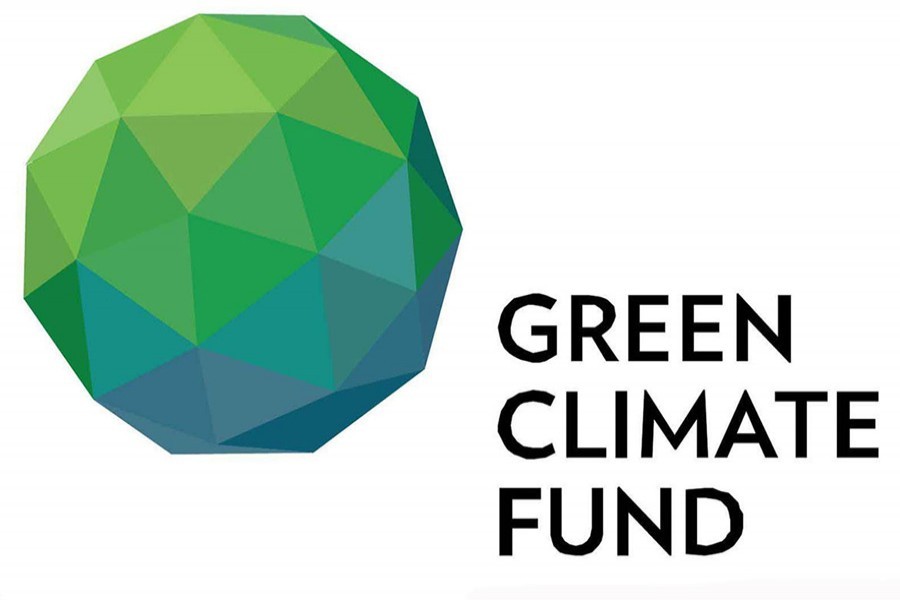Ever since the Green Climate Fund (GCF) was set up by the United Nations Framework Convention on Climate Change (UNFCCC) in 2010, there have been talks on how to access the fund and the priorities for countries to benefit from it. No doubt, the fund was created for developing and poor countries to help them mitigate greenhouse gas emissions, but the modus operandi of receiving the fund remained rather unclear for a while. Of late, it is heartening to learn that accessibility to the fund has been made transparent and this has made possible for Bangladesh to get $256m concessional credit line from GCF for the first time to be used in addressing green efforts in the private sector. The fund is targeted to promote private sector investment through large-scale adoption of energy-efficient technologies in the textile and garment sectors. The Infrastructure Development Company Ltd (IDCoL), a government-owned non-bank financial institution engaged in promoting private sector investment in the areas such as renewable energy and infrastructure, received the approval of the funding proposal for its programme titled "Promoting private sector investment through large-scale adoption of energy-saving technologies and equipment for Textile and Readymade Garment sectors of Bangladesh". It may be noted that the garment sector accounts for the highest CO2 emissions at 15 per cent, while textile comes next with 12.4 per cent. Both the sectors are fraught with many barriers including inadequate financial incentives, lack of technical expertise and absence of enabling environment in investing in energy efficiency. It is here that the fund can be expected to be of great help to effectively address the needs of the sectors.
As for GCF, it is a global platform to respond to climate change by investing in low-emission and climate-resilient development. It was established by 194 governments to limit or reduce greenhouse gas (GHG) emissions in developing countries, and to help vulnerable societies adapt to the unavoidable impacts of climate change. Given the urgency of this challenge, GCF is mandated to make an ambitious contribution to the global response to climate change. As the world's largest dedicated fund, GCF is mandated to help developing countries reduce their greenhouse gas emissions and enhance their ability to respond to climate change. GCF has a crucial role in serving the Paris Agreement on supporting the goal of keeping average global temperature rise well below 2.0 degree C.
Accessing the fund is a remarkable success for Idcol which will use the concessional loan for a tenure of 20 years with a grace period of five years for financing energy-efficient equipment. Out of the $256 million, $100 million will be utilised to finance textile sector energy efficiency projects, while the remaining fund will be channelled to four local financial institutions for financing energy efficiency projects in the RMG sector. The total programme size will be reportedly $423.50 million, including co-financing from Idcol, local financiers and the project sponsors.
However, it is the implementation mechanism of the programme that will determine how effectively or not the targeted works are going to be addressed. Hopefully, experts in the area with the most suitable technology support will devise ways to make the most of their endeavours.


